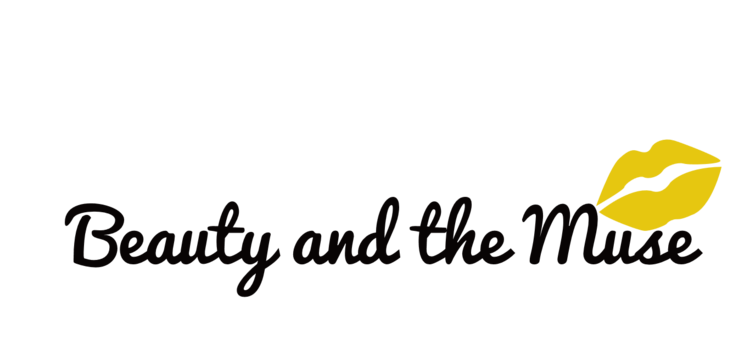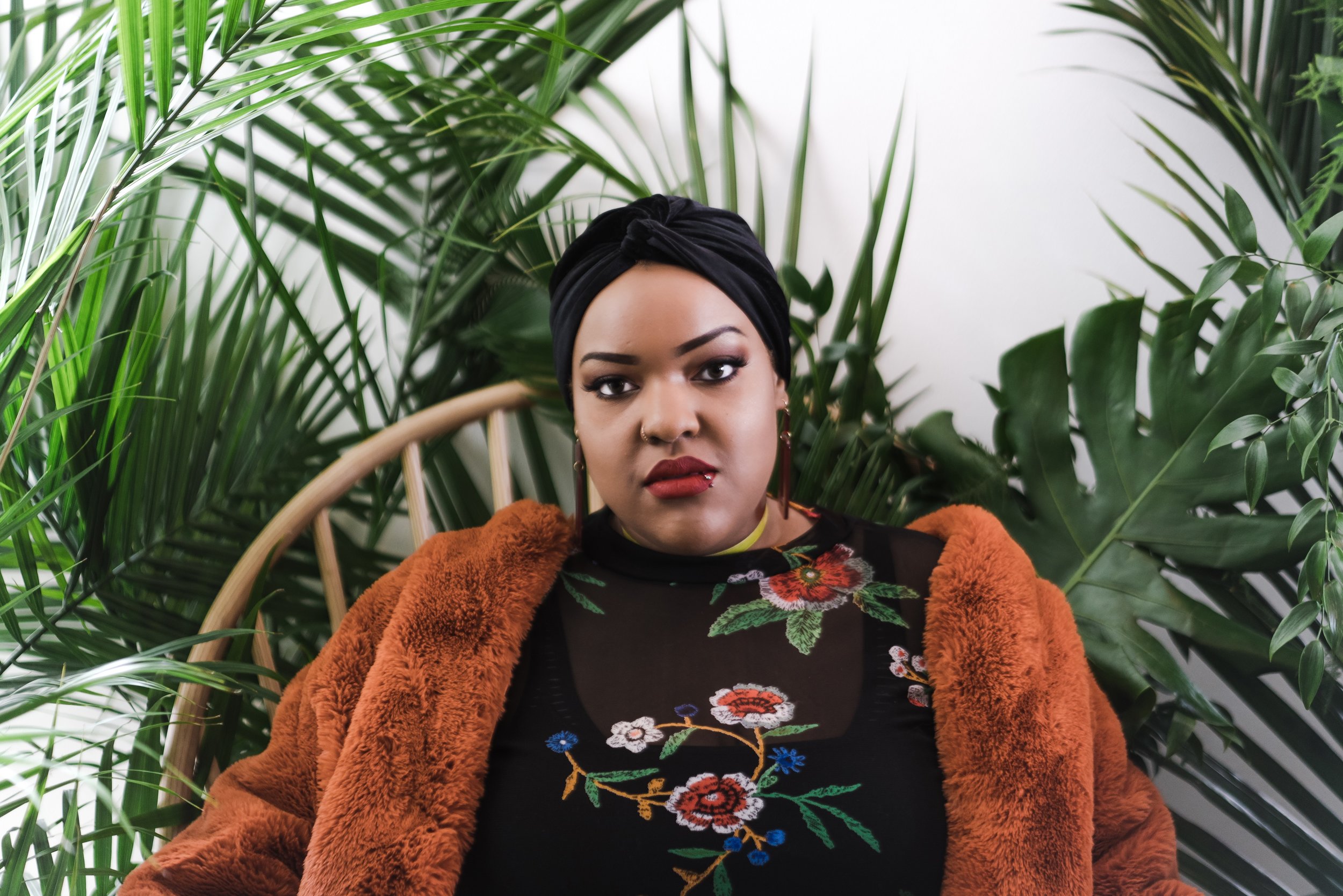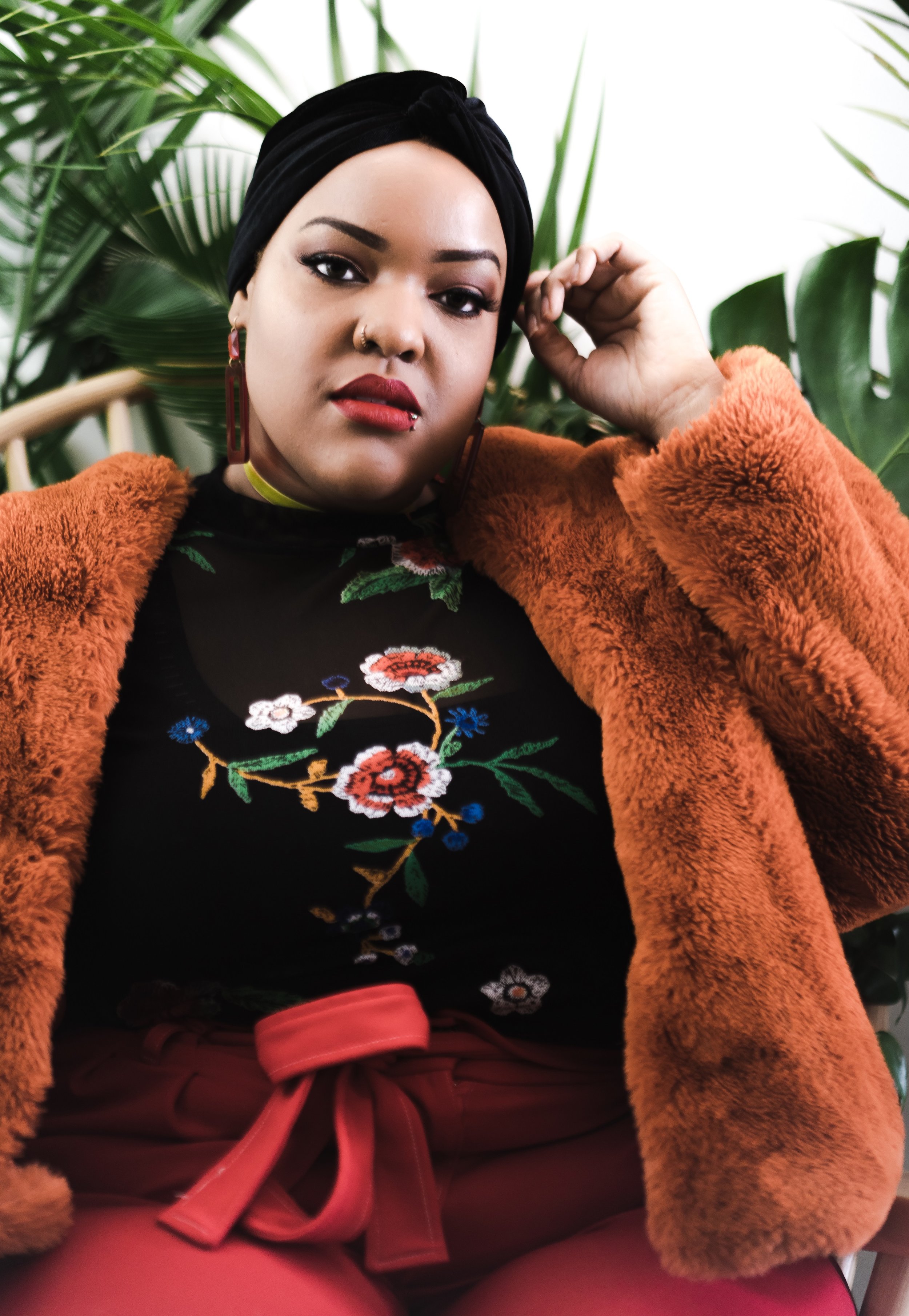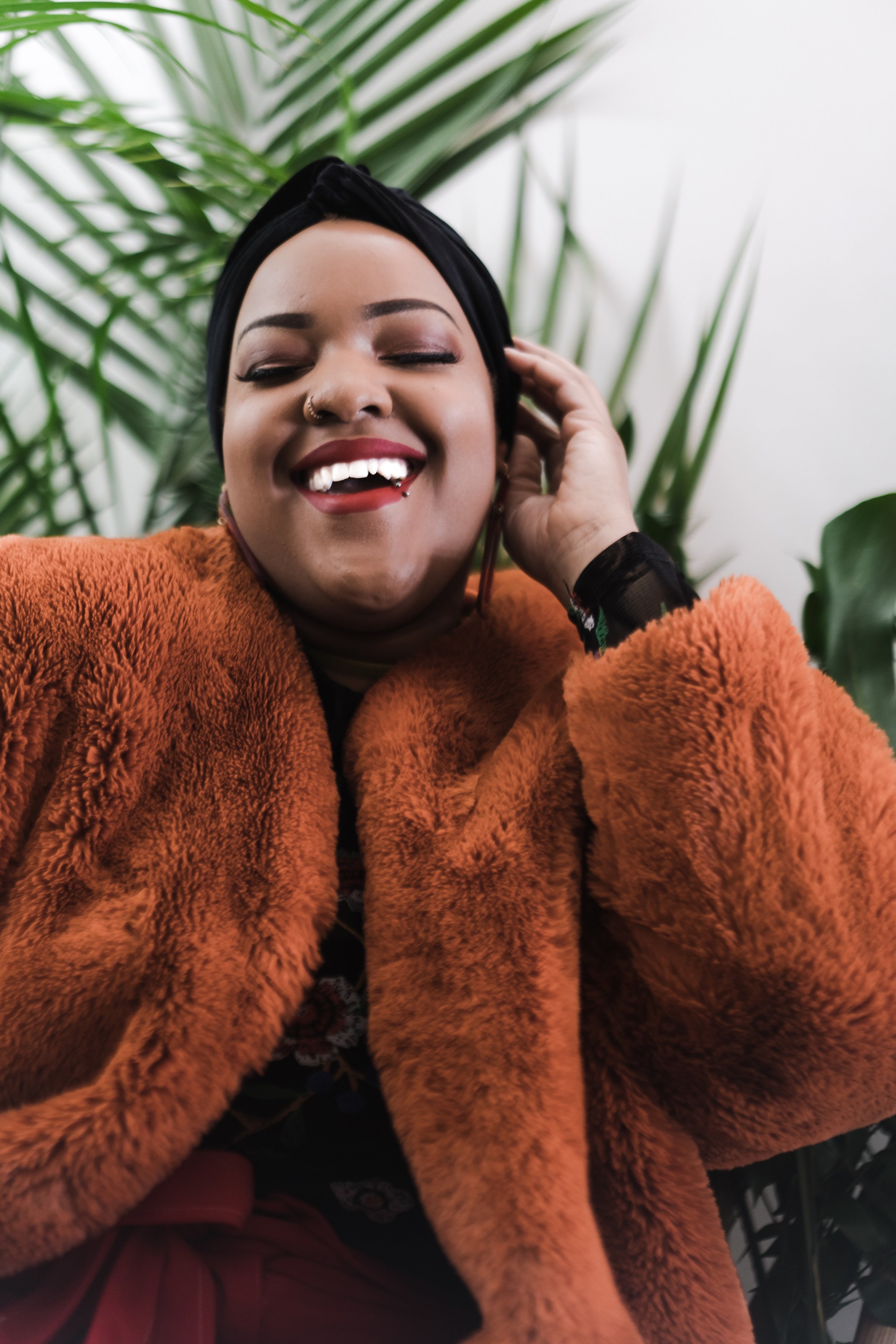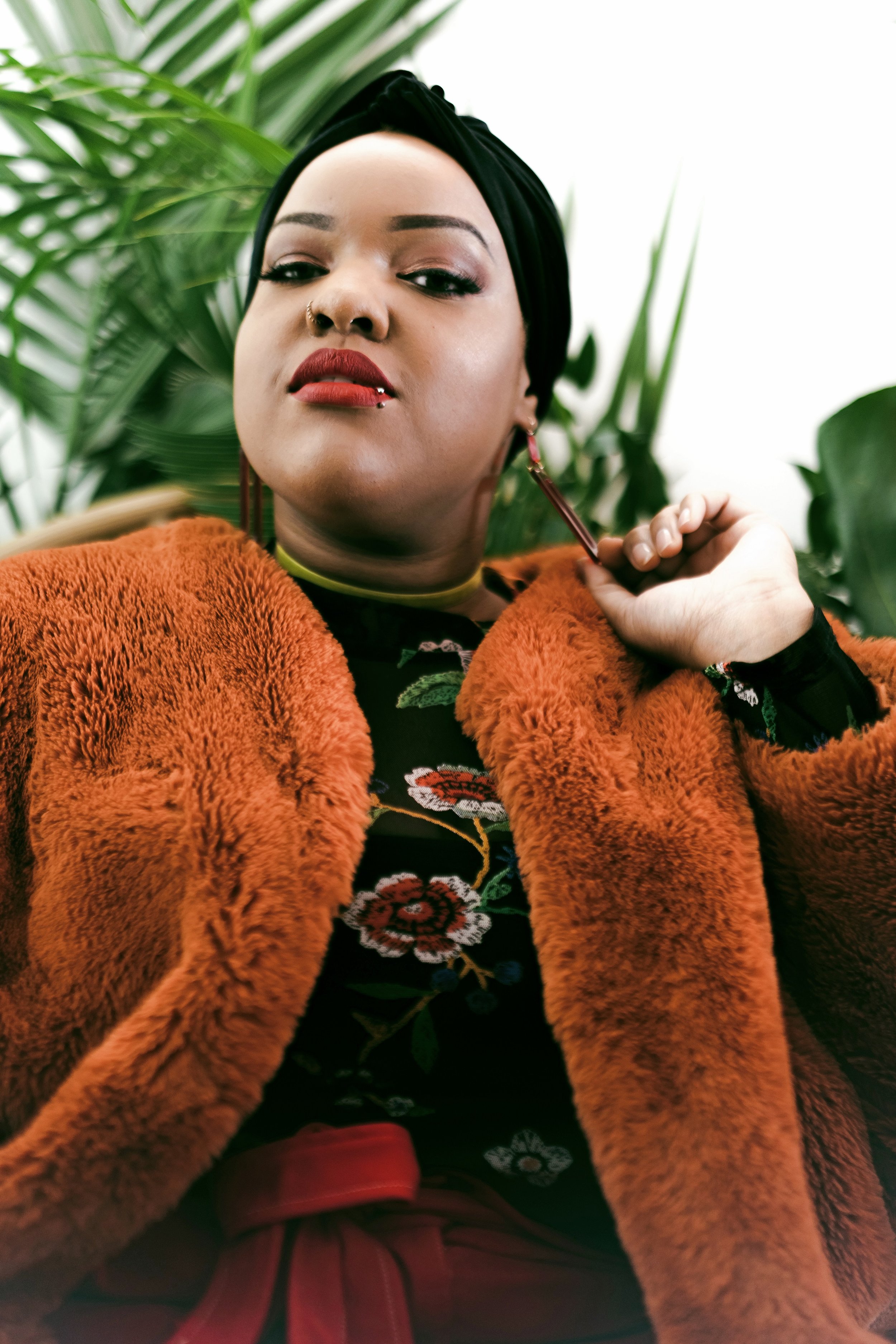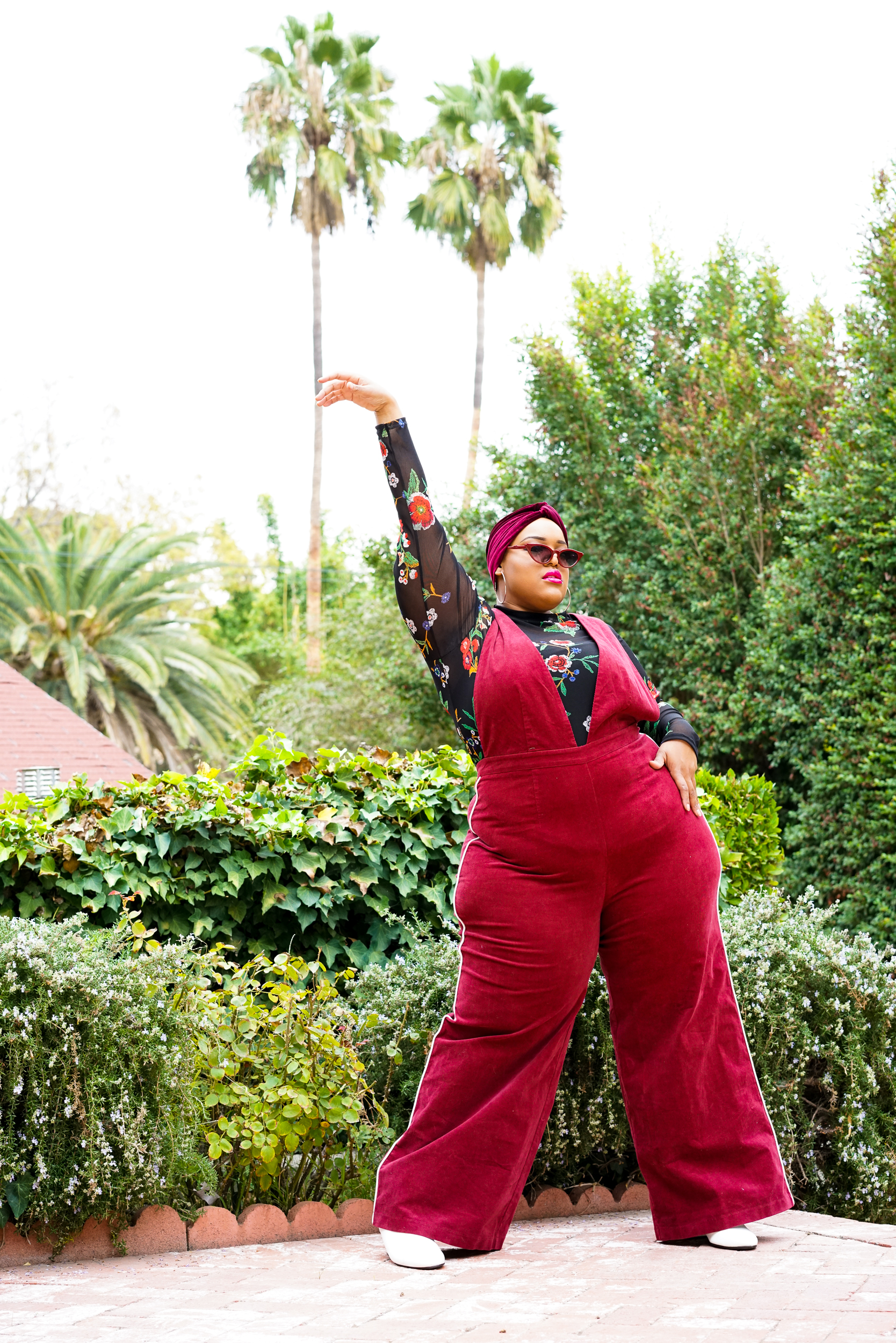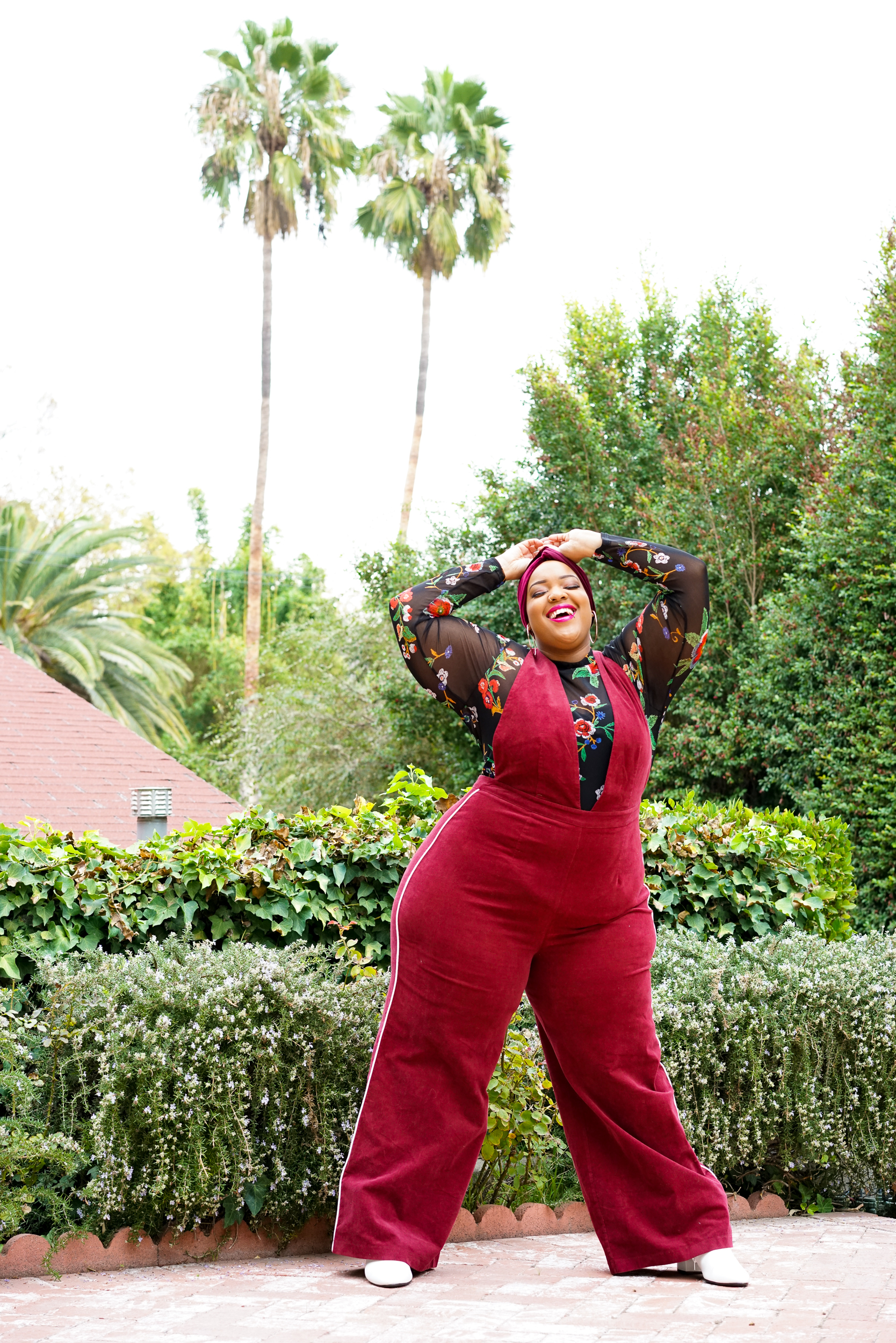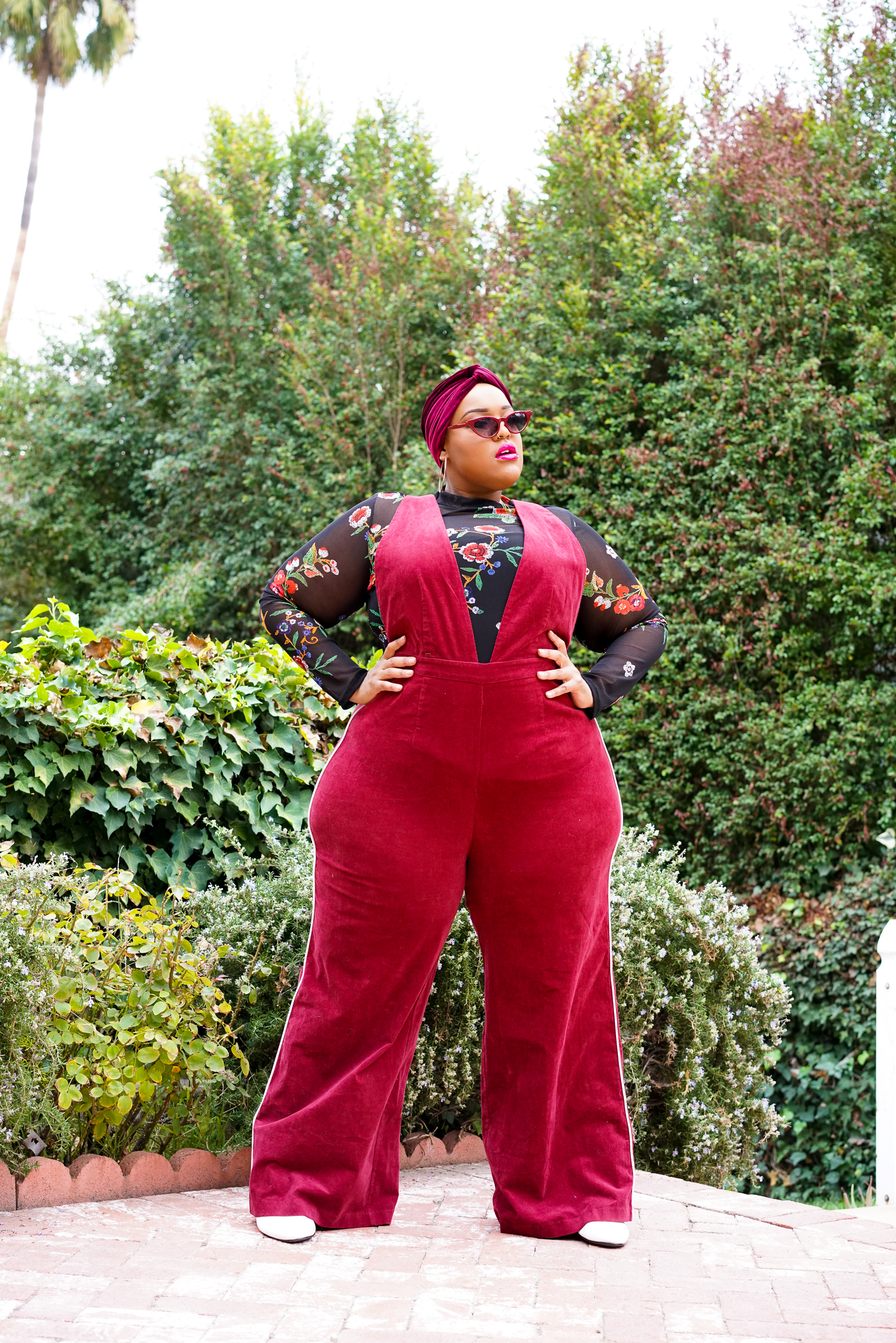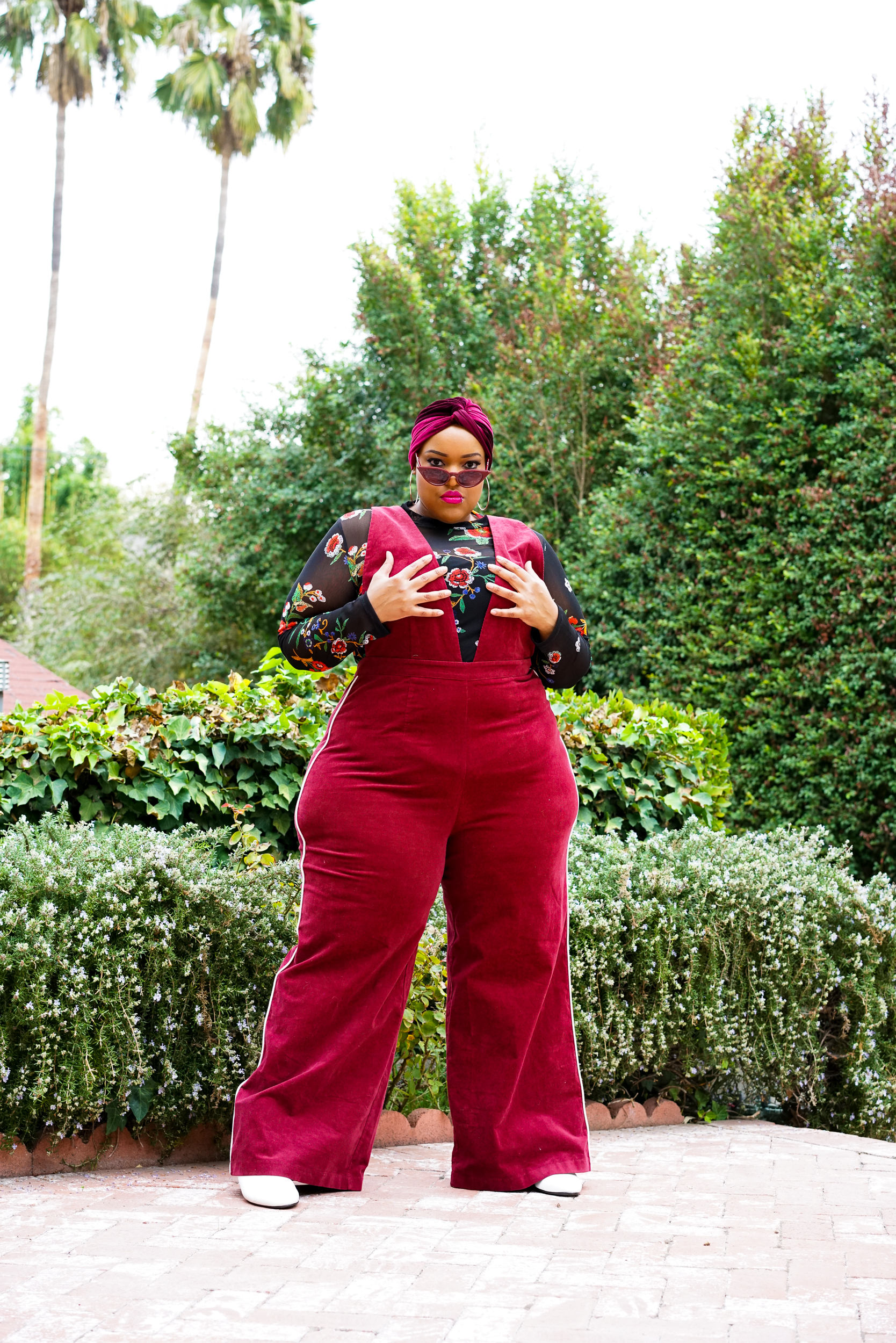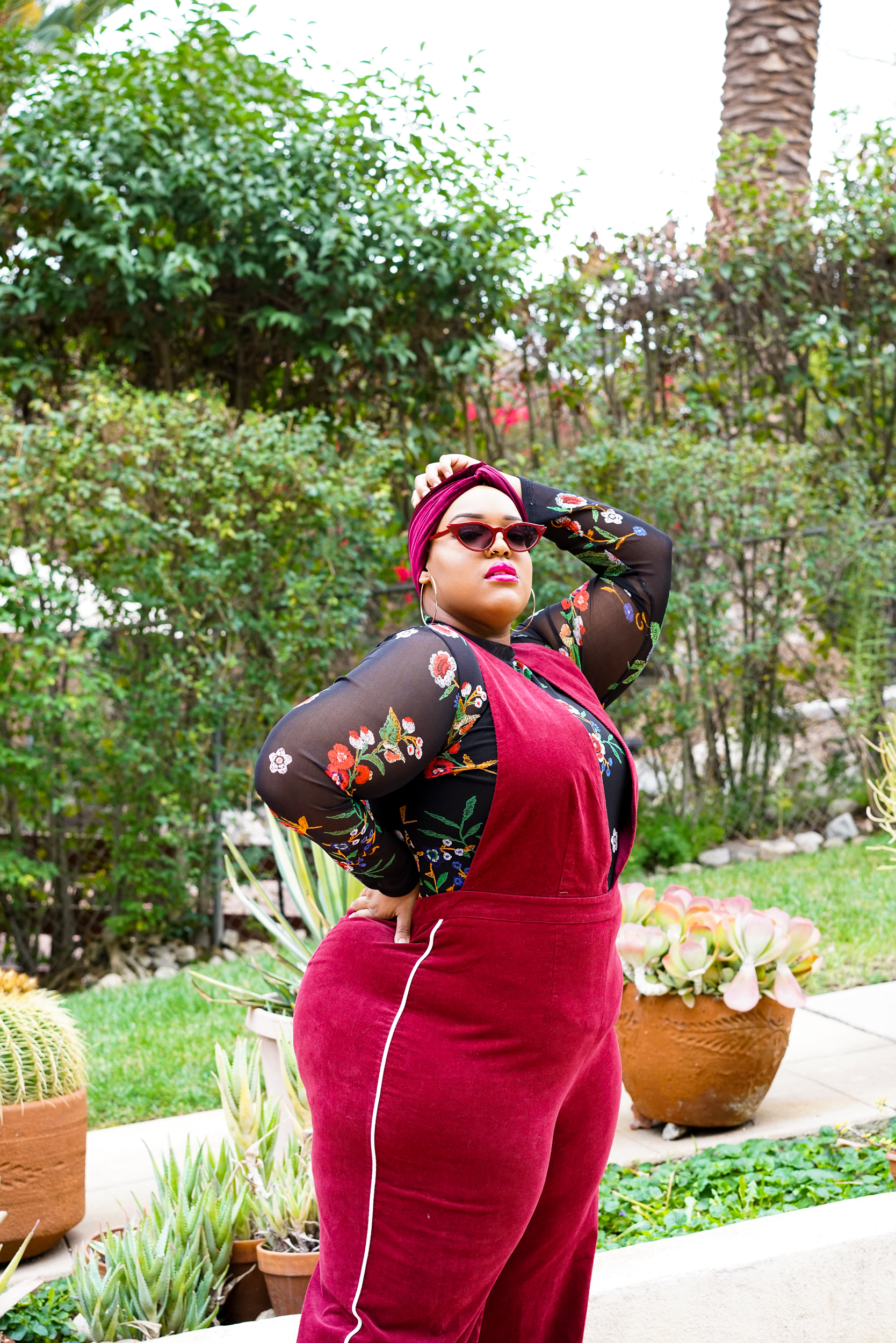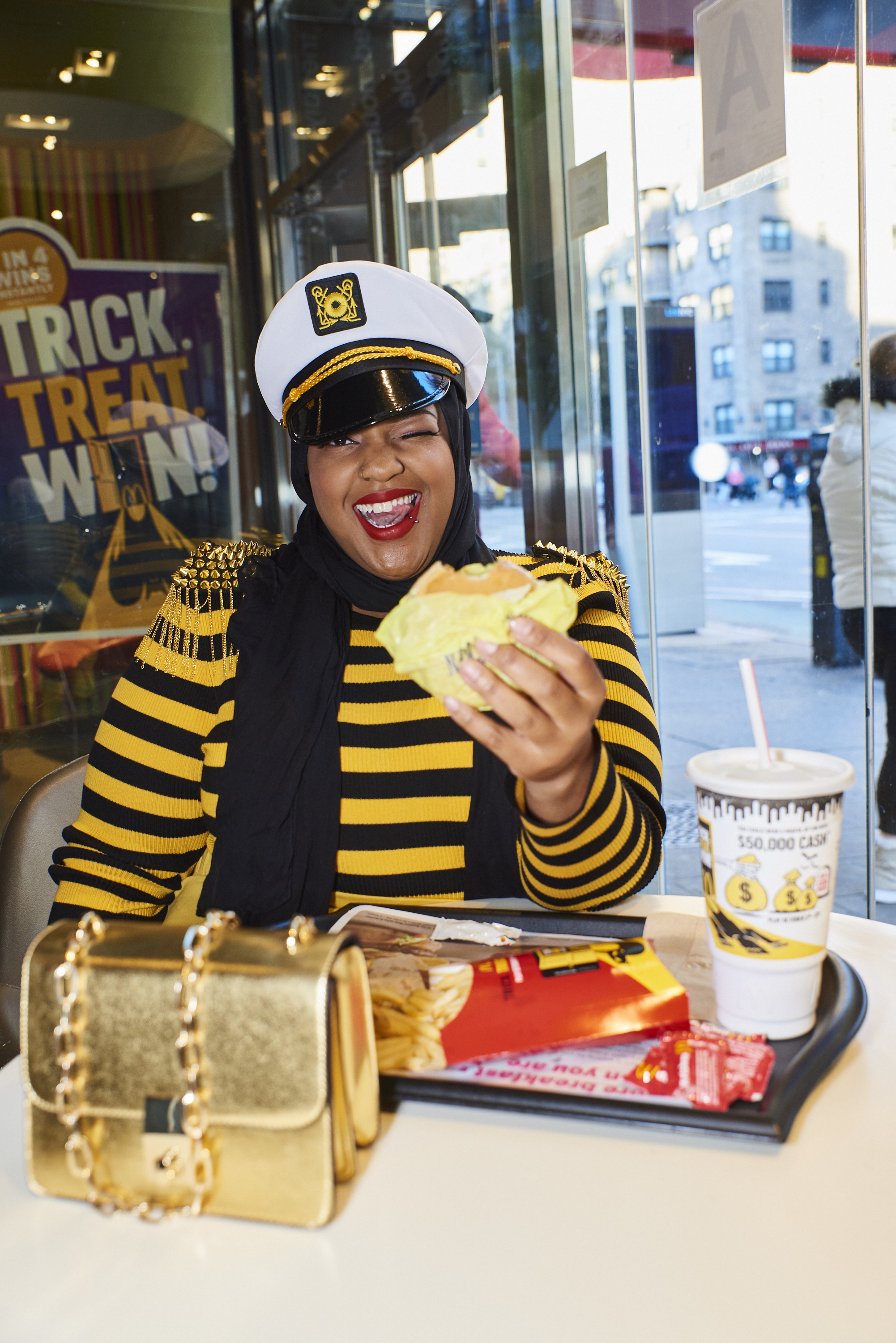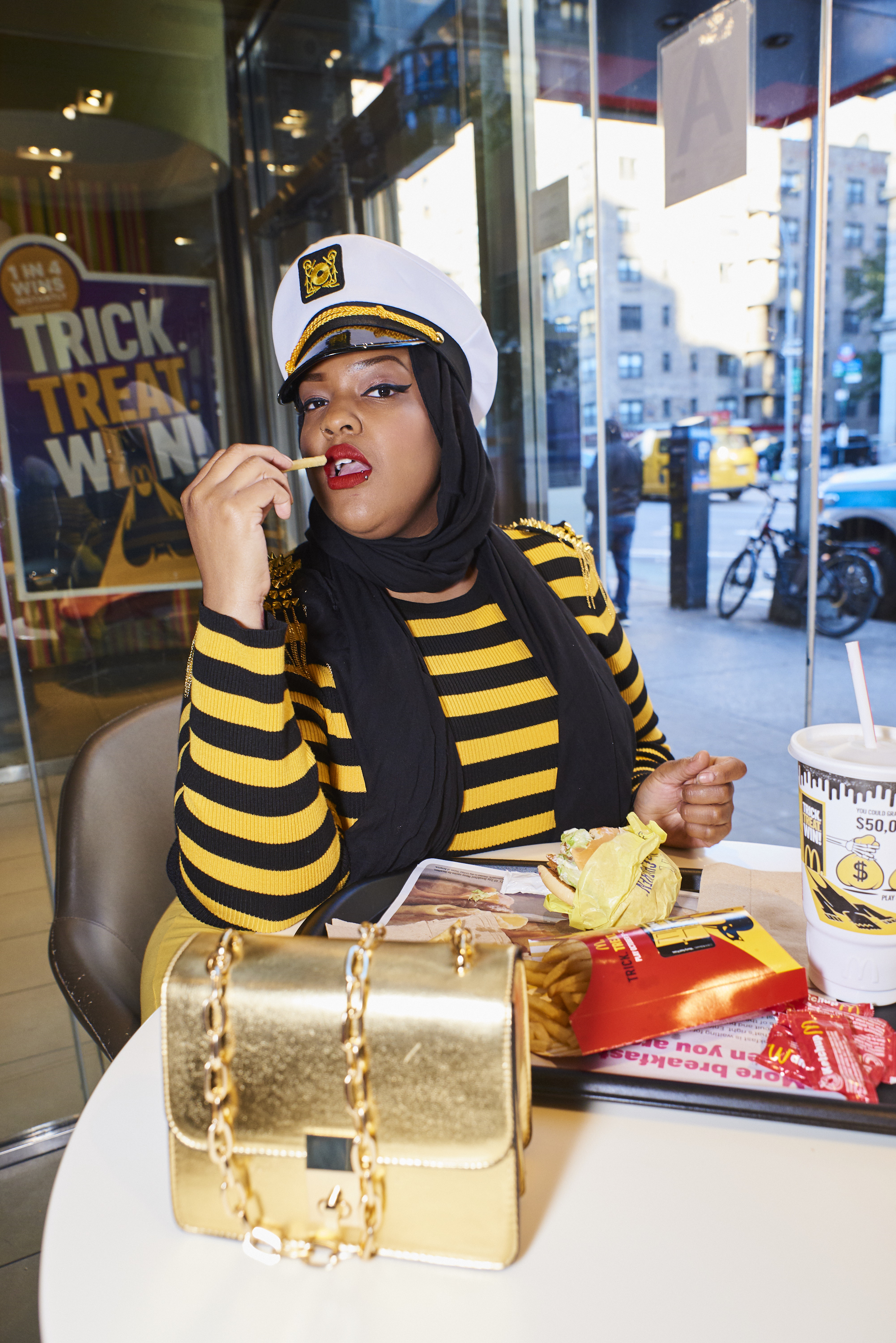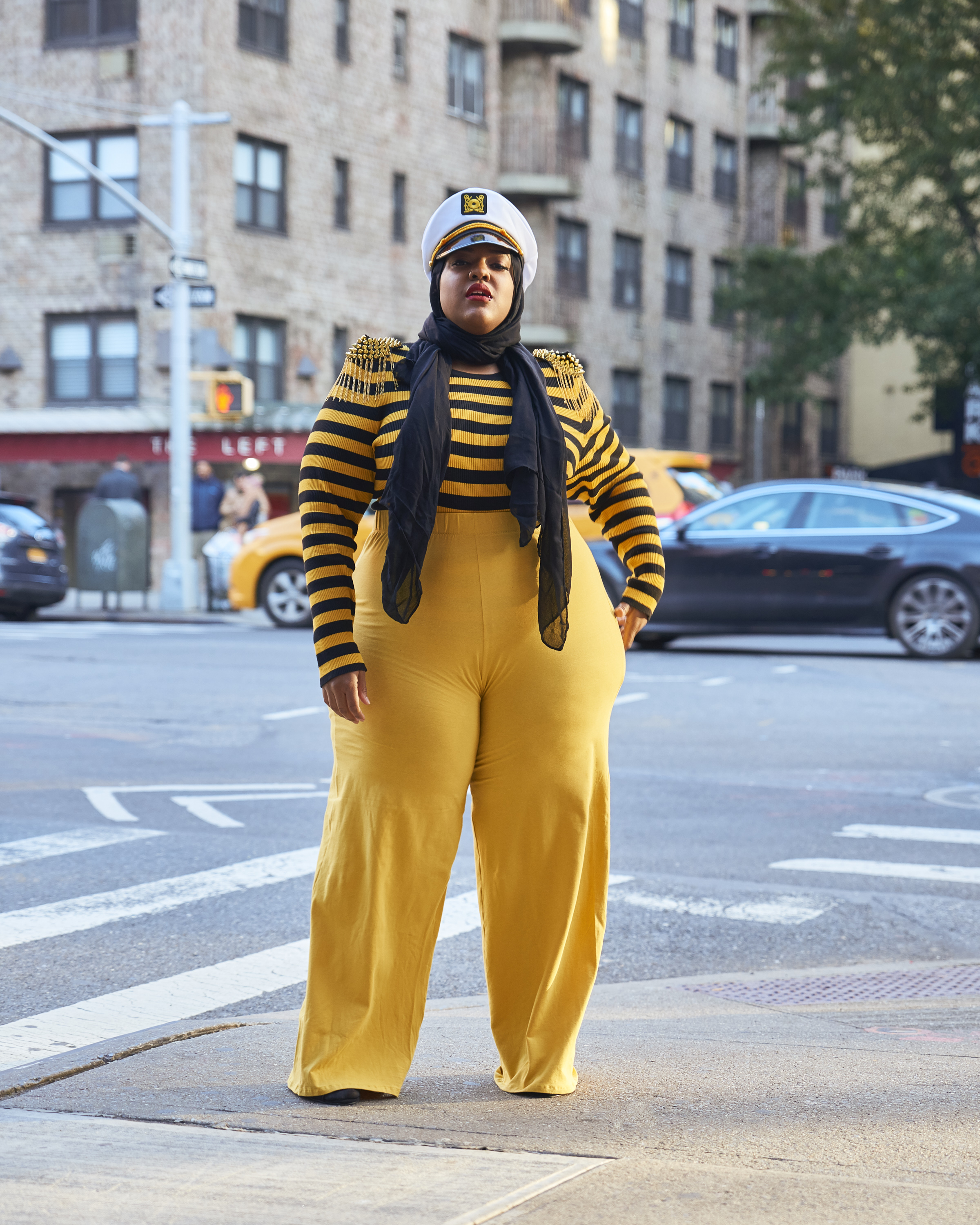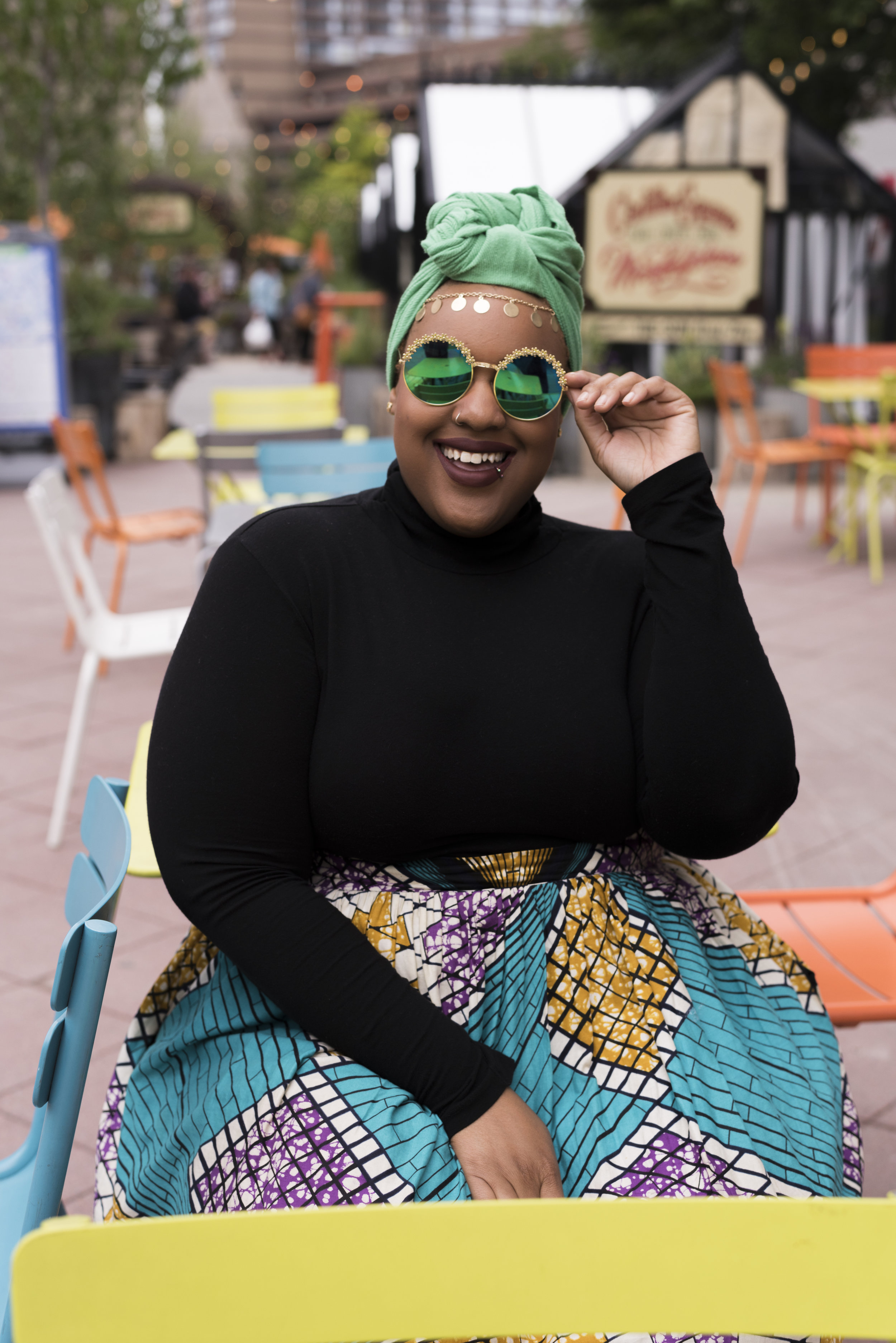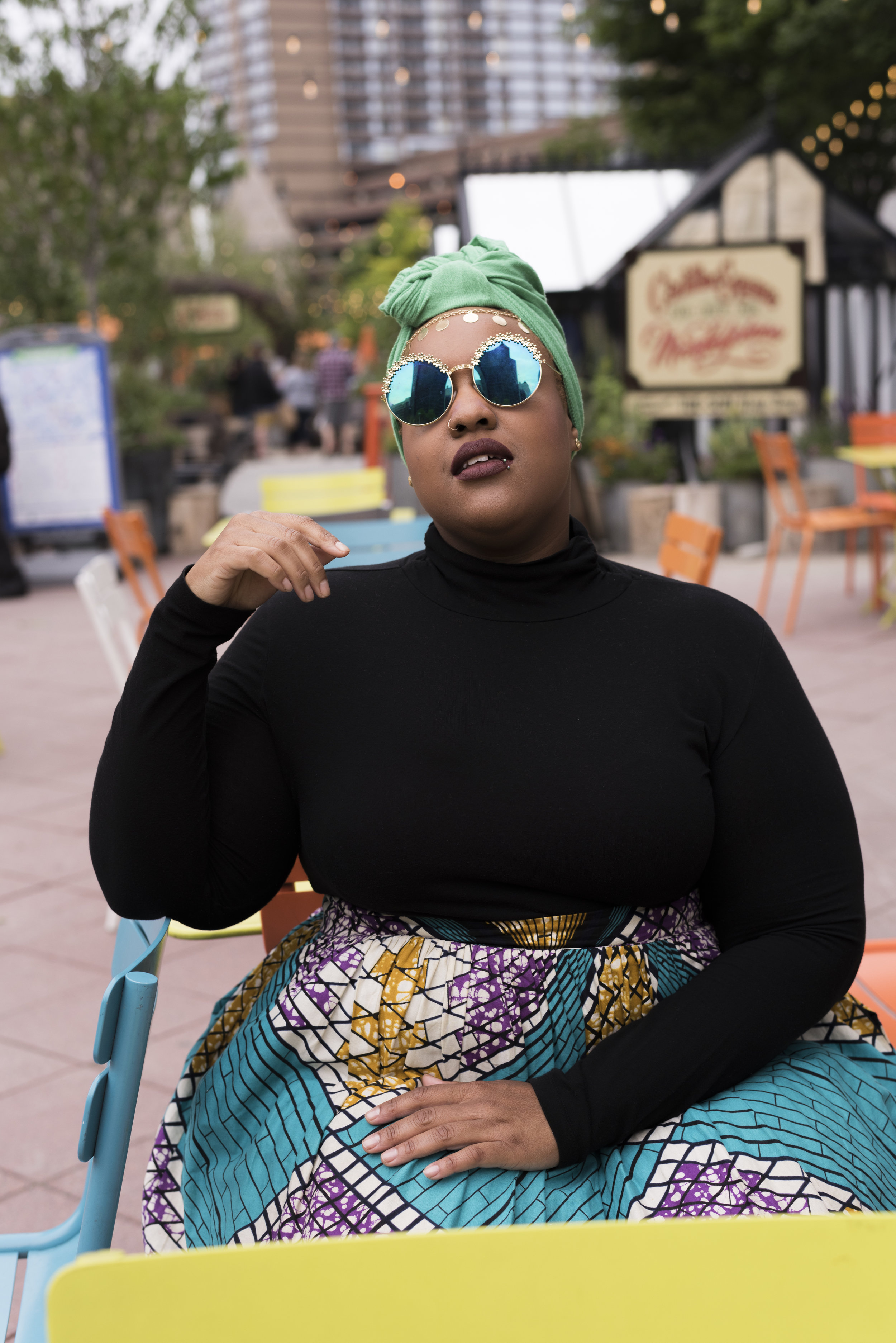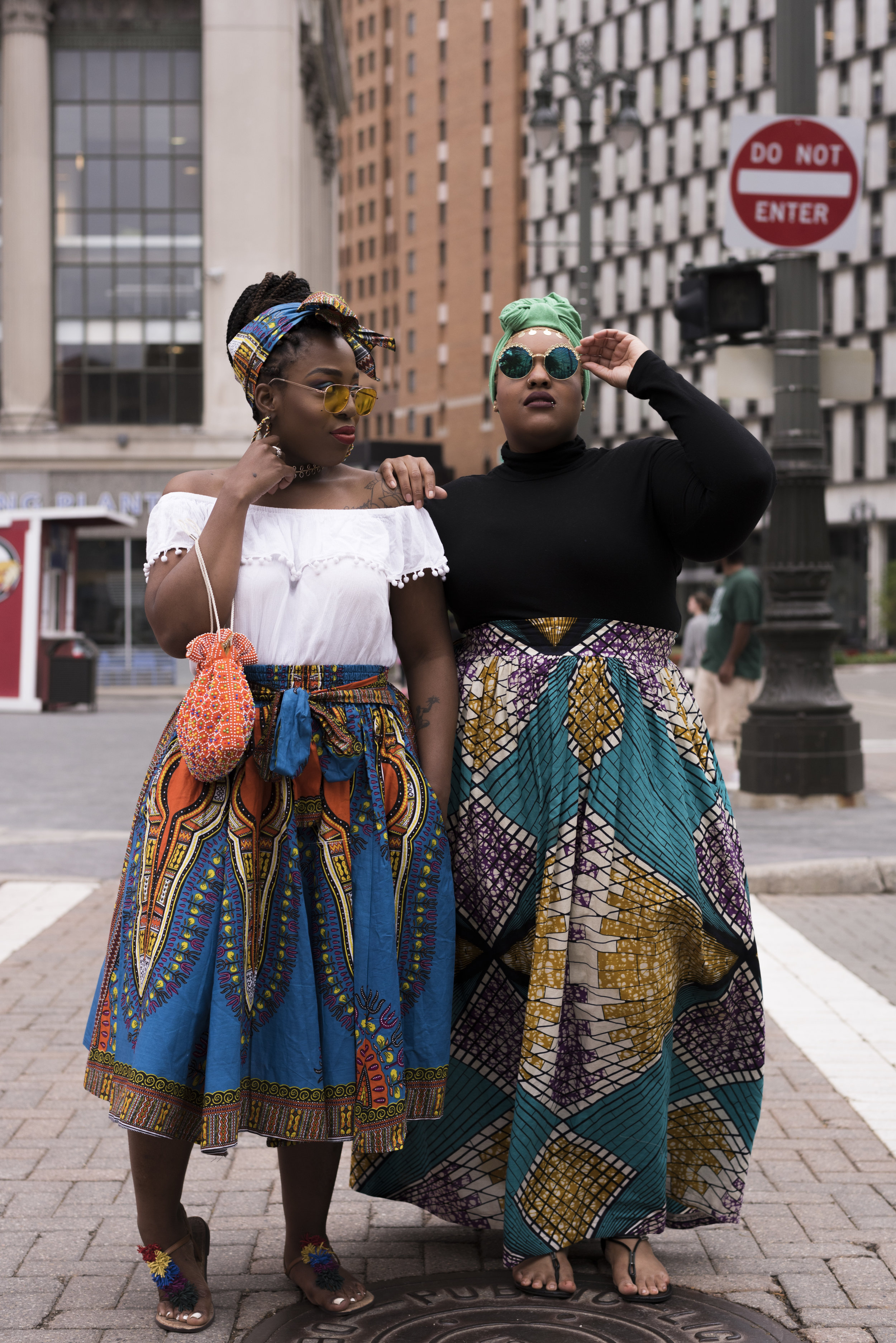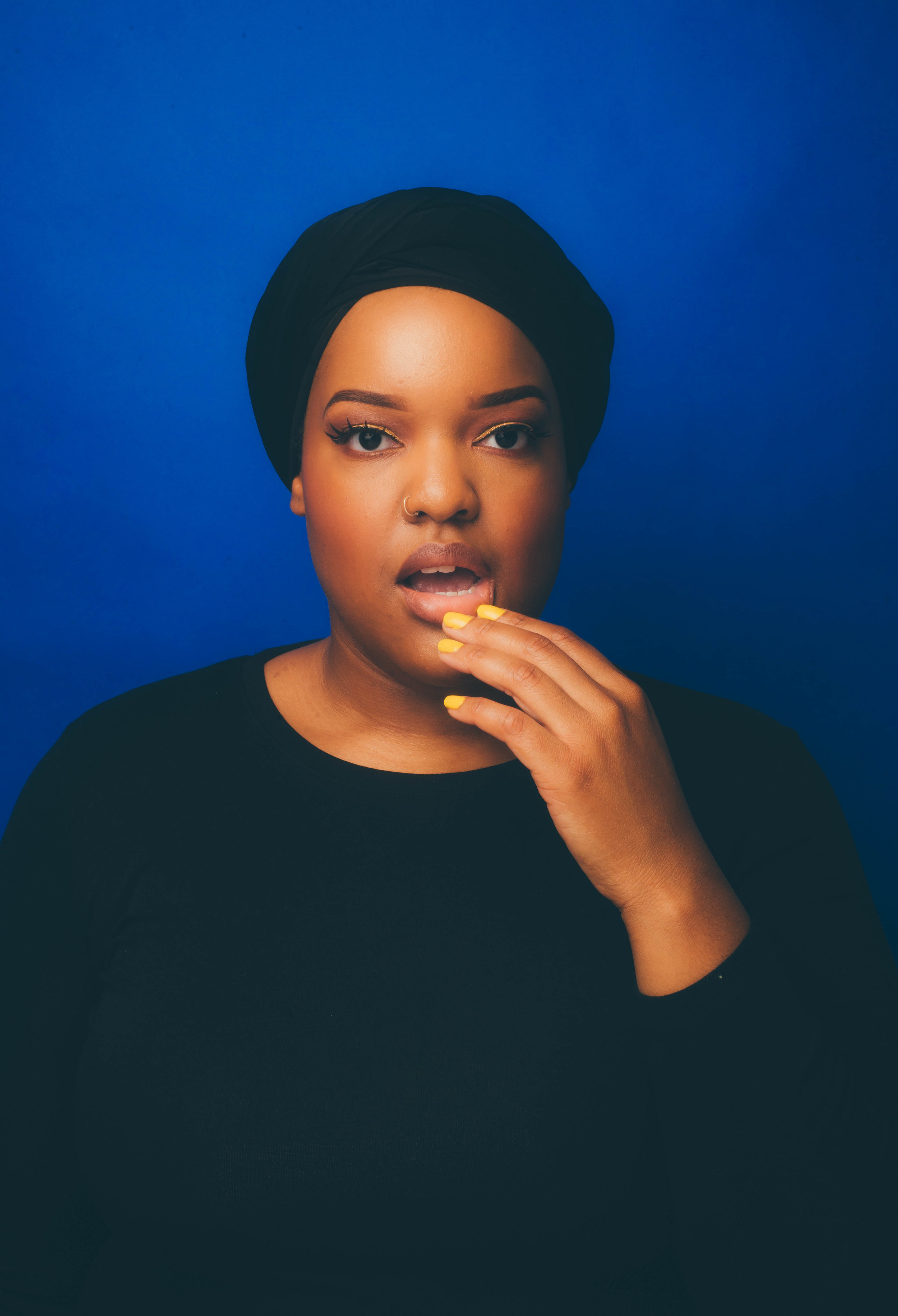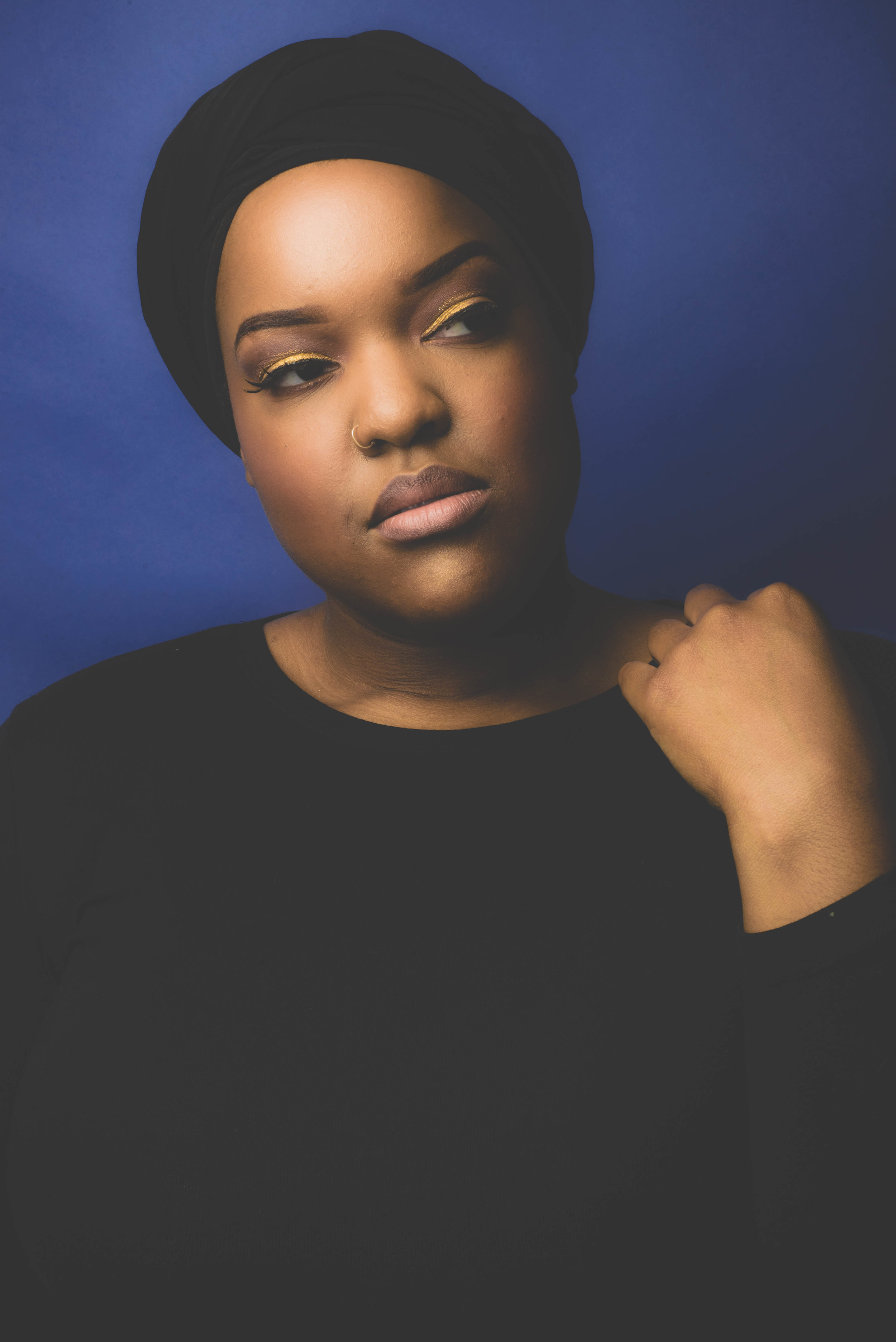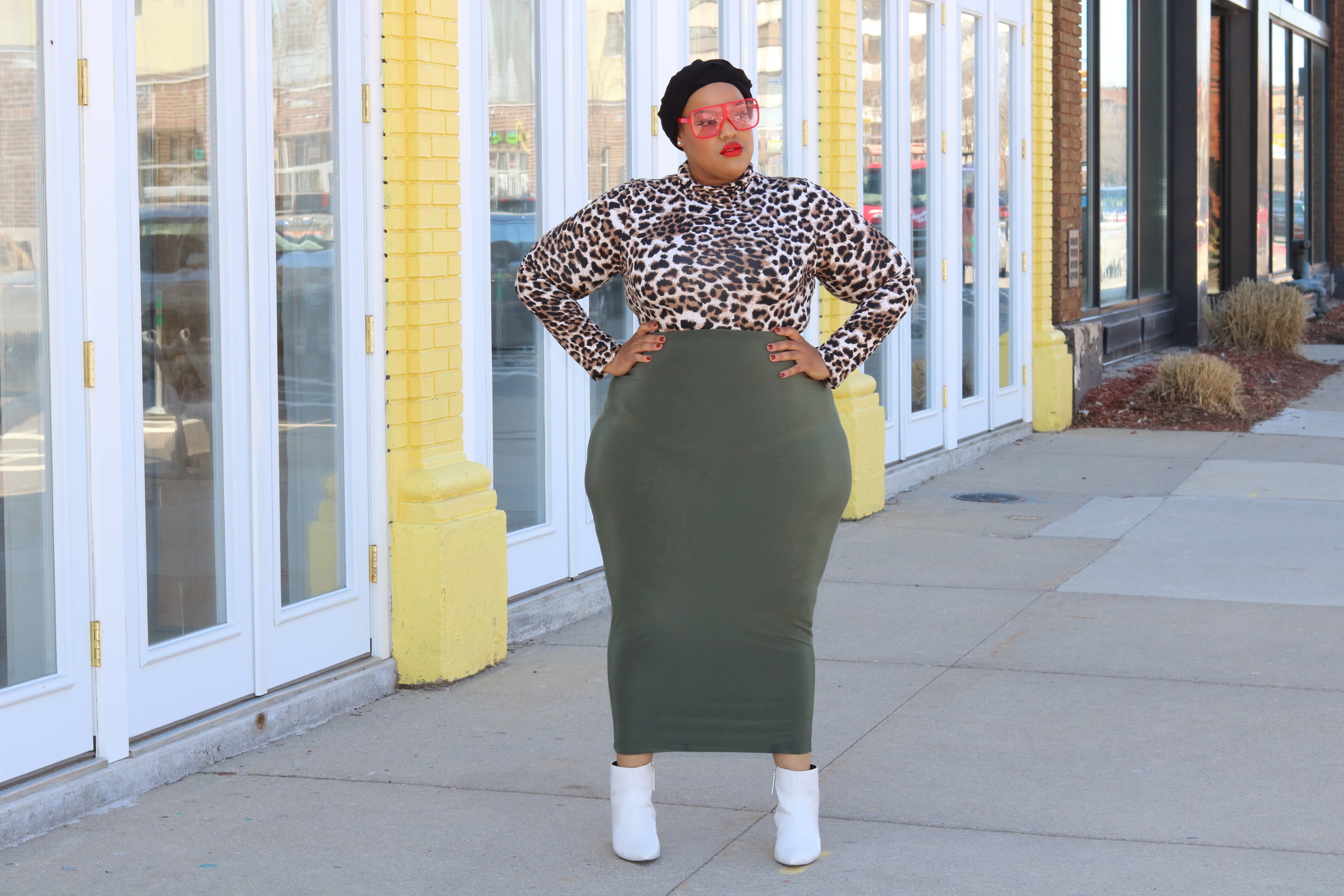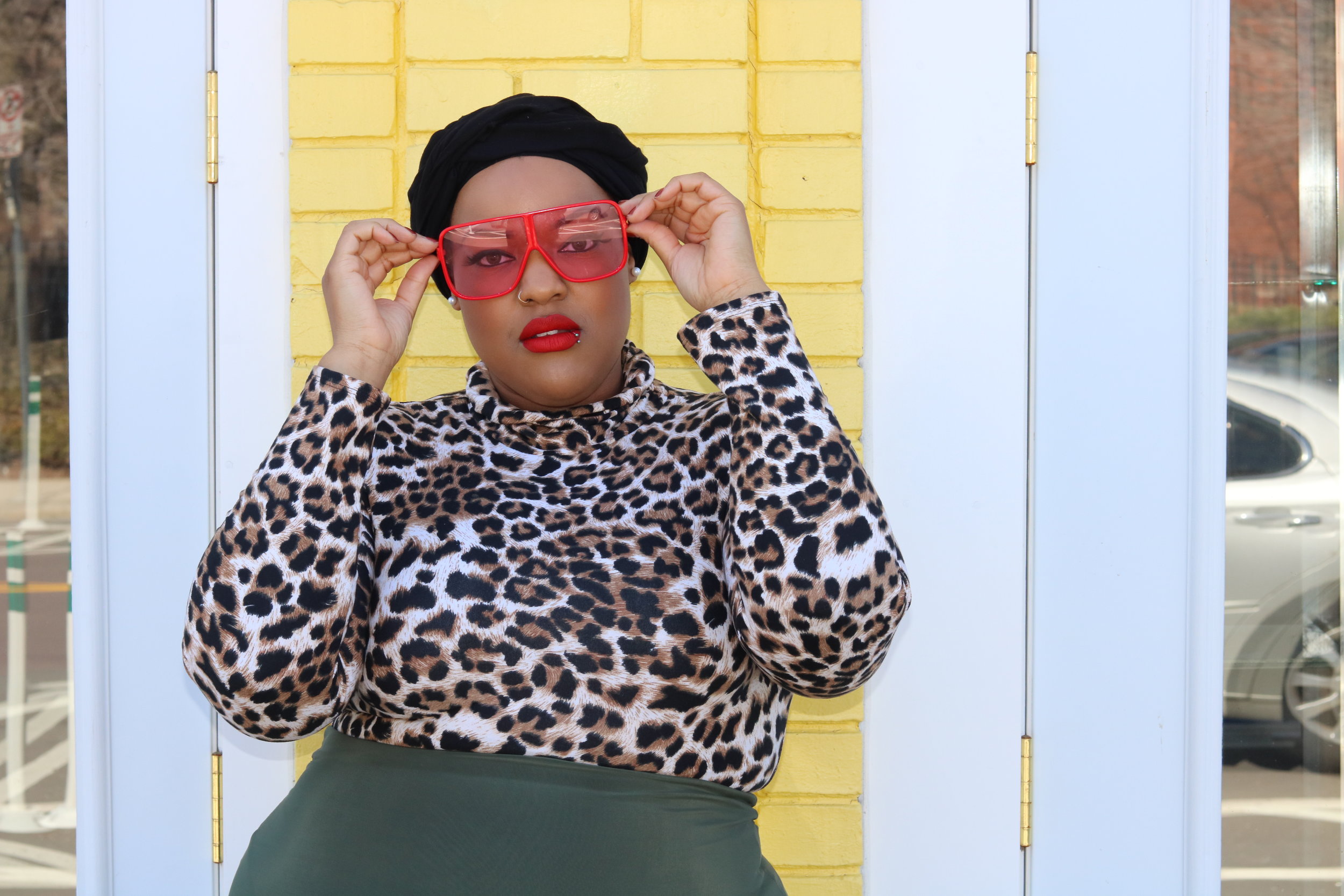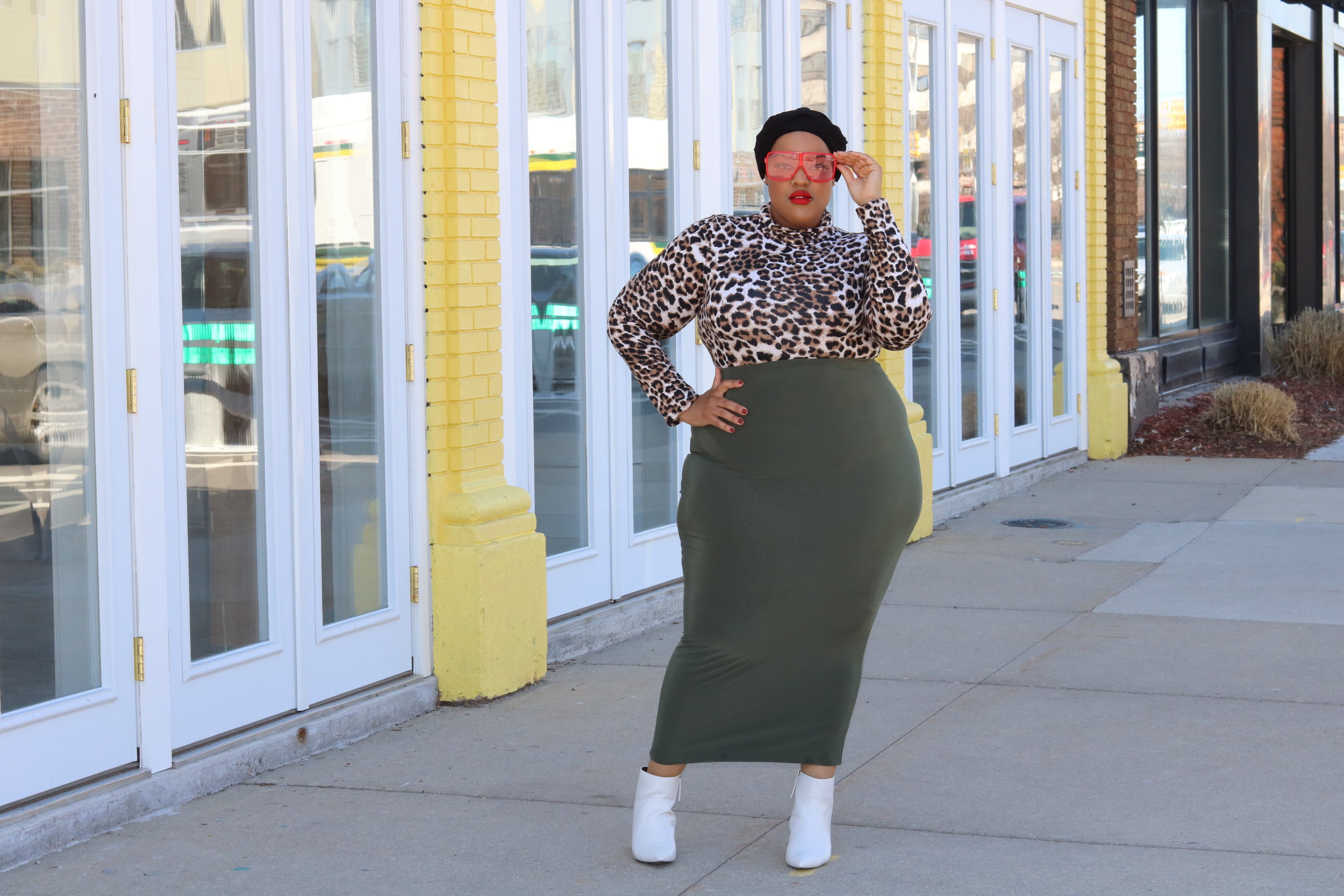Last year, when my divorce was still fresh and my mental health at an all-time low, I told my friend that I wasn’t participating in Ramadan. I hadn’t seen the point in it. All I saw were fake people trying to be holy for 30 days then become the same sucky people after it was over, after they were done playing super Muslim.
She told me that it was my choice to participate or not. But, then she added, that my Ramadan wasn’t for other people. It wasn’t for the Muslims who judged me or my ex or to show everyone how good of a person I was because I abstained from food and water and curse words during the daylight hours. She told me that my Ramadan was for me.
I went home and thought about what she said. She was absolutely right, and at that moment, I figured out that all those prior years, I had always been fasting to appease others. I had wanted to seem like the perfect, law-abiding Muslim that I lost track of what Ramadan was really about: self-reflection through prayer, gratefulness to our creator, and centering oneself.
It was never about perfection but embracing one’s uniqueness in imperfection.
We’re a week into Ramadan, and I’ve missed some days of fasting already. This morning, I was determined to wake up early enough to make suhoor (pre-dawn meal before fasting), read the Quran, and pray.
Prayers in Islam are integral. It’s a time where we mediate, keep in remembrance of our blessings, and ask.
Usually when I pray, I ask for general things for other people and I always leave myself out. As dumb as this may sound, I don’t believe that I deserve to ask for anything. So, I don’t.
